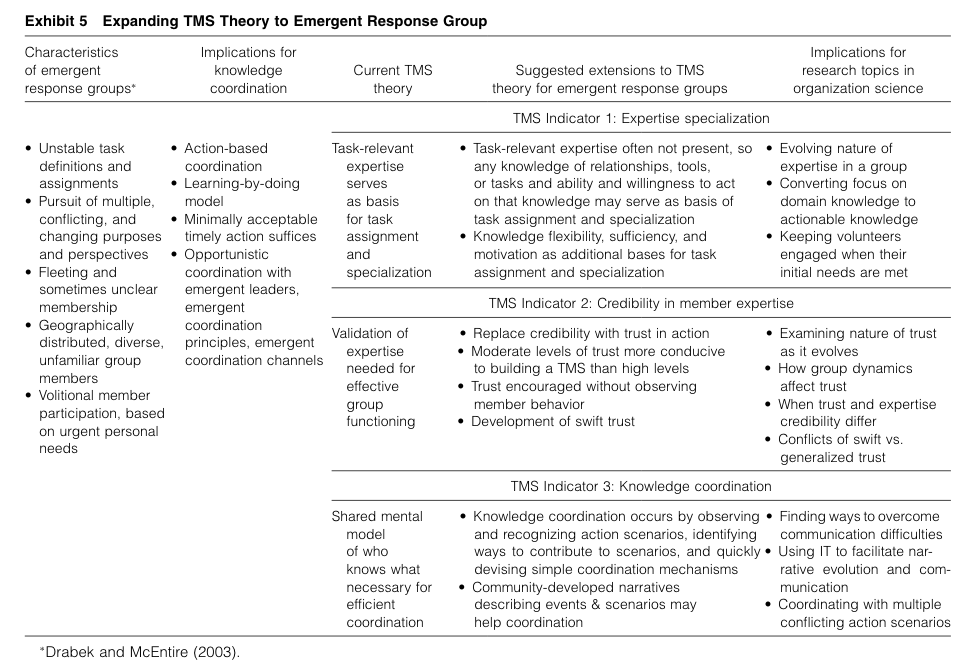The minds of other people can also supplement our limited individual memory. Daniel Wegner, a psychologist at Harvard, named this collective remembering “transactive memory.” As he explained it, “Nobody remembers everything. Instead, each of us in a couple or group remembers some things personally — and then can remember much more by knowing who else might know what we don’t.” A transactive memory system can effectively multiply the amount of information to which an individual has access. Organizational research has found that groups that build a strong transactive memory structure — in which all members of the team have a clear and accurate sense of what their teammates know — perform better than groups for which that structure is less defined.
Transactive memory is how a group encodes, stores, and shares knowledge. Members of a group may be aware of the portions of knowledge that others possess which can make them more efficient.
How can we link this to Cesar Hidalgo's ideas about the personbyte, etc.?
How would this idea have potentially helped oral cultures?
She uses the example of a trauma resuscitation team helping to shorten hospital stays, but certainly there are many examples in the corporate world where corporate knowledge is helpful in decreasing time scales for particular outcomes.
